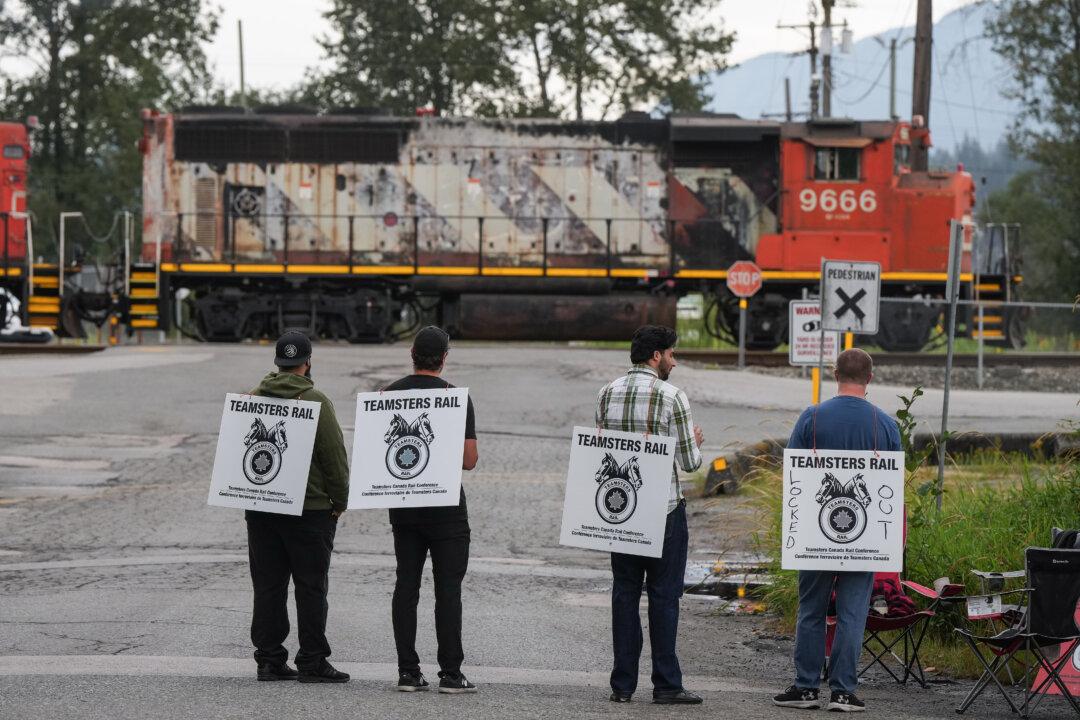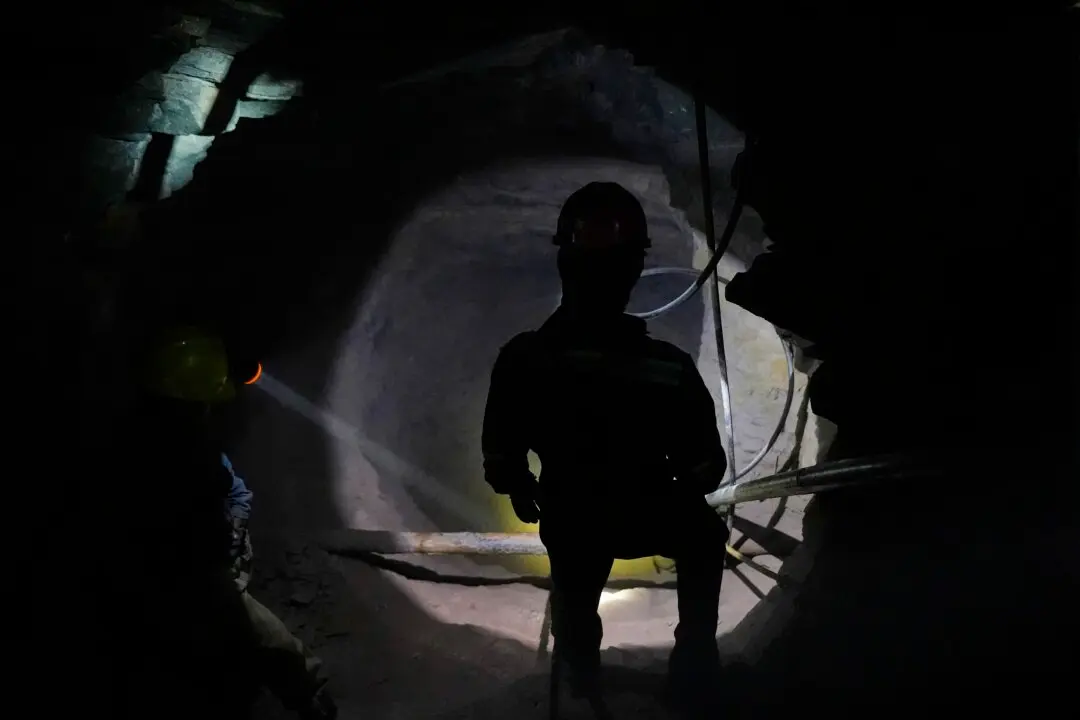Rail workers are pushing back against Ottawa’s move to force binding arbitration, with CN workers issuing a new strike notice and CPKC workers initiating a regulatory challenge.
Operations resumed at Canadian National Railway Co. (CN) as employees gradually returned to their duties Aug. 23, even as the Teamsters union issued a 72-hour strike notice against the company shortly before 10 a.m. EDT.





